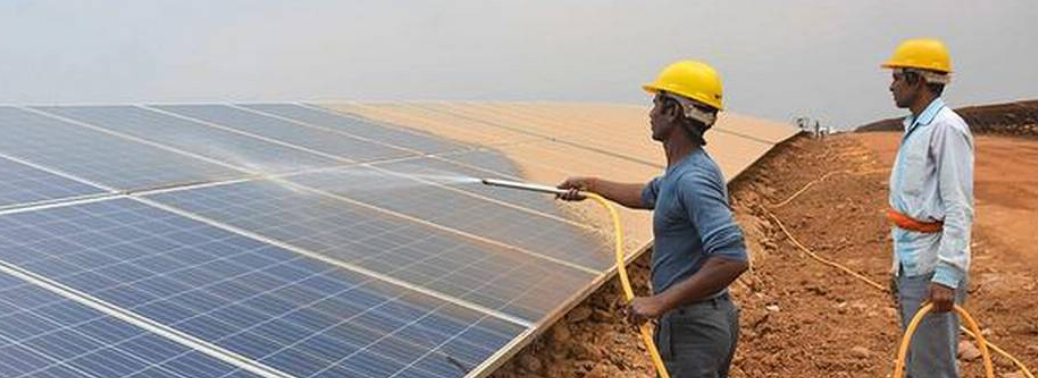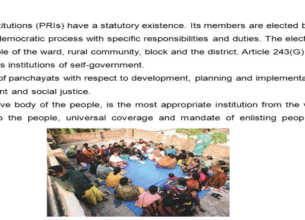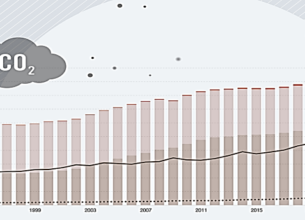GREEN ENERGY TARGET LACKS DEADLINE
02, Oct 2019

Prelims level : Economics- Infrastructure, Environment- Climate Change
Mains level : GS-III- Infrastructure: Energy, Ports, Roads, Airports, Railways, etc. GS-III- Conservation, environmental pollution and degradation
Why in News?
- Prime Minister Narendra Modi at the Climate Action Summit in New York announced India’s ambitious aim to increase its renewable energy target to 450 GW (gigawatts). A senior official in the Union Environment Ministry has pointed out that there is not yet a deadline for when this target would be achieved.
Highlights:
- India had previously set a target for increasing the non-fossil fuels to 175 GW in 2022.
- India’s plan for installing 175 GW of renewable energy capacity by 2022 was first announced in 2015.
- It included 100 GW from solar, 60 GW from wind, 10 GW from bio-power and 5 GW from small hydro-power.
- Recent announcements highlight India’s aim to achieve 450 GW target, with no particular deadline.
Concerns:
- Given that the country right now has an installed renewable energy capacity of 80.47 GW, of which 29.55 GW is solar, 36.37 GW is wind, 9.81 GW is biomass and 4.6GW is small hydropower, achieving the 450 GW target, which is a more than 460 per cent jump from the current level, in 3-5 years is an extremely tough task. For the record, India’s renewable power capacity had jumped nearly 150 per cent in the past five years.
- The announcement comes at a time when commissioning of projects has slowed and states are raising red flags.Slow project allocation and financial stress have halted wind power projects.Solar projects have been facing land crunch and grid connectivity issues.
- As India expands it renewables portfolio, wind power seem to be losing steam. Leading domestic wind turbine manufacturers, with more than 80 per cent market share, are staring at a weak order pipeline, financial losses and regulatory niggles. Foreign companies, including some Chinese ones, are increasing footprint in India.
- Commissioning from wind power projects has slowed to historic lows.
- In solar, the challenge is the low capacity of domestic solar panels and increased influx of imports from China.
Way Forward:
- The renewable energy ministry is planning to introduce a standard power-purchase agreement (PPA) for projects.
- The terms of the PPA will ensure any default from the procuring state would lead to stringent penalty. A letter of credit-type system of payment would be made mandatory.
- To sort out land-acquisition issues, the ministry plans to change the project-award system.
- The government will acquire the land.
- Special-purpose vehicles (SPVs) will be formed by state-owned companies.
- The land will then be allotted to private companies bidding for projects
- The government should implement anti-dumping duty on a priority to deal with cut-throat competition from international players.
- In order to boost Make in India, the renewable power ministry has asked the Ministry of Finance to impose








